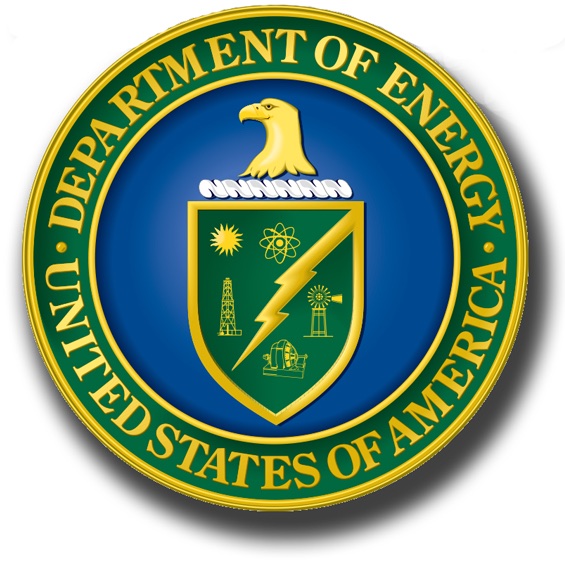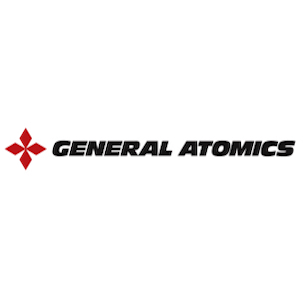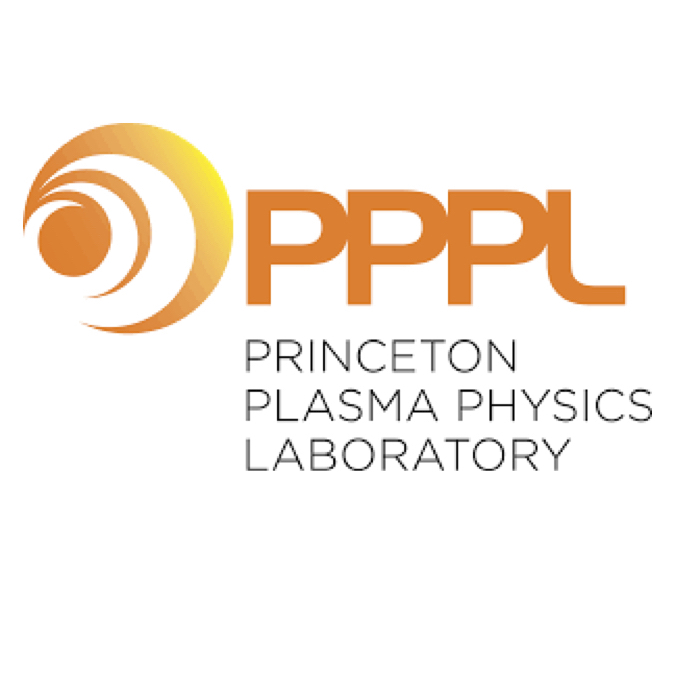Nonlinear Control and Online Optimization of the Burn Condition in ITER
E. Schuster, D. Boyer and A. Pajares-Martinez
Division of Plasma Physics (DPP) Annual Meeting of the American Physical Society (APS)
Savannah, GA, USA, November 16-20, 2015
|
Abstract
|

|
Regulation of the fusion power through modulation of fueling,
external heating sources and non-axisymmetric magnetic fields,
referred to as burn control, is one of the fundamental problems in
burning plasma research. Active control will be essential for
achieving and maintaining desired operating points, responding to
changing power demands, and ensuring stable operation in ITER. A
volume-averaged nonlinear model for the evolutions of the density of
energy, deuterium and tritium fuel ions, alpha-particles, and impurity
ions has been used to synthesize a multi-variable nonlinear burn
control strategy that can reject large perturbations and move between
operating points. The control approach makes use of the different
possible actuators for altering the fusion power, including auxiliary
heating sources, isotopic fueling, in-vessel coils, and impurity
injection. Adaptive control techniques are used to account for
uncertainty in model parameters, including particle confinement times
and recycling rates. Furthermore, a model-based constrained
optimization scheme is proposed to drive the system as close as
possible to desired fusion power and temperature references.








